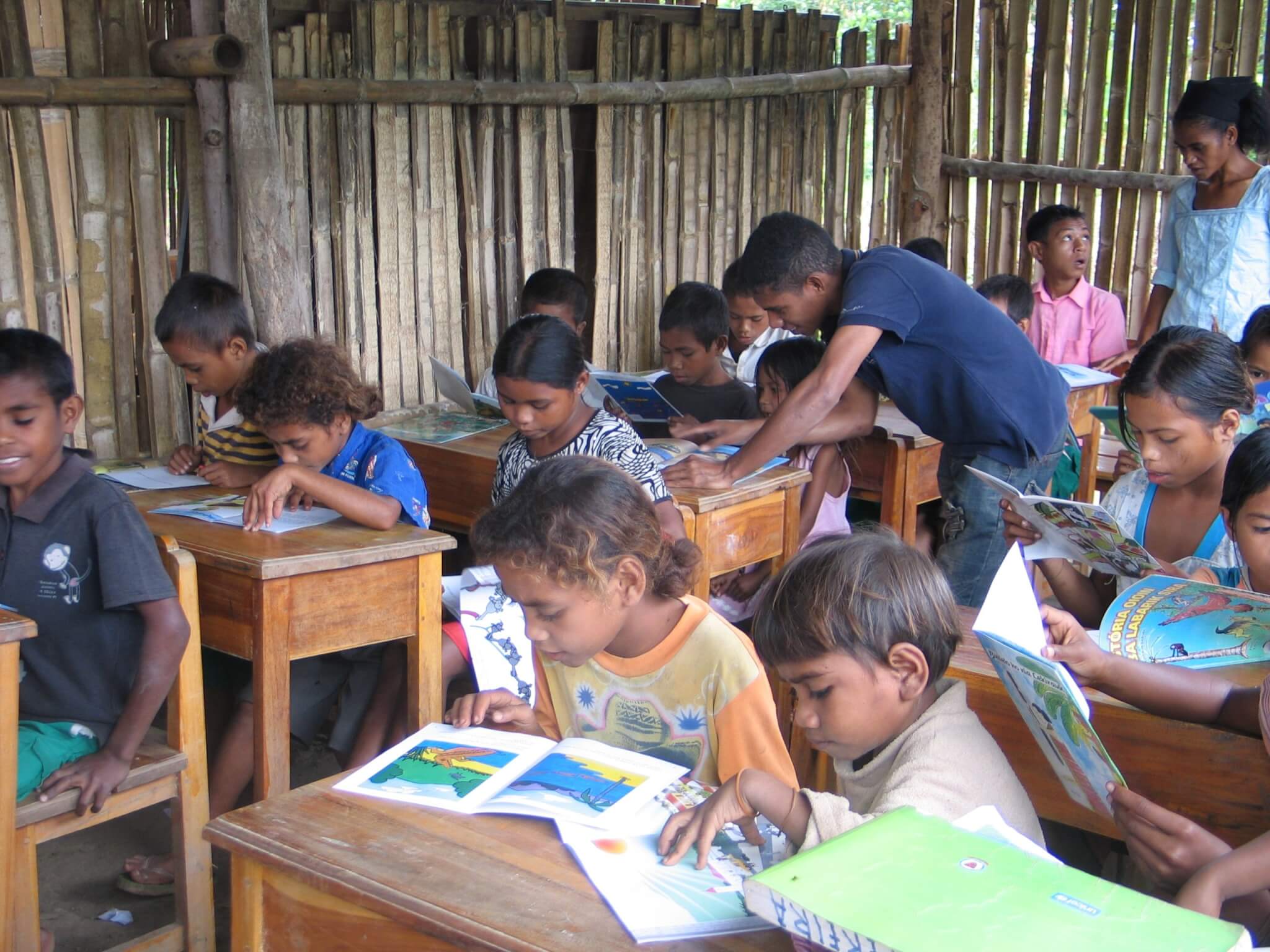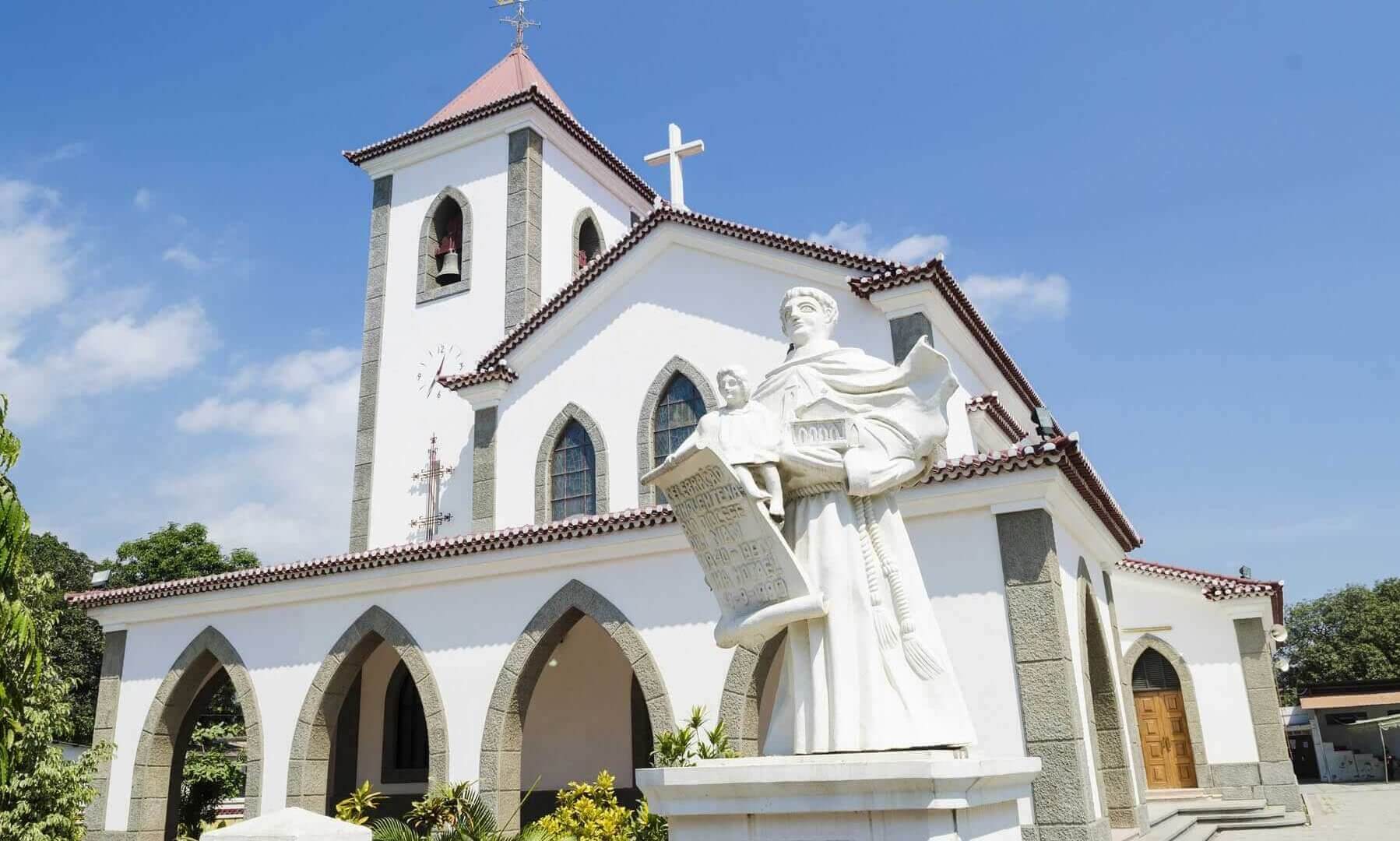Establishing a Sustainable Financial System in East-Timor

-
Banking in East-Timore
- Introduction
- How East-Timor Can Leverage Technology to Create a Sustainable Financial System
- The Benefits of Establishing a Sustainable Financial System in East-Timor
- The Challenges of Establishing a Sustainable Financial System in East-Timor
- The Role of Financial Education in Establishing a Sustainable Financial System in East-Timor
- Conclusion
“Building a Brighter Future for East-Timor: Establishing a Sustainable Financial System”
Introduction
East-Timor is a small, developing nation located in Southeast Asia. It is one of the poorest countries in the world, with a population of just over 1 million people. Despite its poverty, East-Timor has made great strides in recent years to improve its economic and social conditions. Establishing a sustainable financial system in East-Timor is essential for the country to continue its progress and achieve long-term economic stability. This paper will discuss the challenges and opportunities associated with establishing a sustainable financial system in East-Timor, as well as the steps that need to be taken to ensure its success.
How East-Timor Can Leverage Technology to Create a Sustainable Financial System

East-Timor is a small nation located in Southeast Asia, and it is in the process of developing its financial system. Technology can be a powerful tool for East-Timor to create a sustainable financial system. By leveraging technology, East-Timor can create a financial system that is efficient, secure, and accessible to all citizens.
One way East-Timor can leverage technology to create a sustainable financial system is by implementing digital banking services. Digital banking services allow citizens to access banking services from their mobile devices or computers. This can make banking more convenient and accessible for citizens, as they can access banking services from anywhere. Additionally, digital banking services can reduce the cost of banking services, as they require fewer physical resources.
Another way East-Timor can leverage technology to create a sustainable financial system is by implementing blockchain technology. Blockchain technology is a secure and transparent way to store and transfer data. This technology can be used to create a secure and transparent financial system, as it can be used to store and transfer financial data. Additionally, blockchain technology can be used to create digital currencies, which can be used to facilitate transactions and reduce the cost of transactions.
Finally, East-Timor can leverage technology to create a sustainable financial system by implementing financial literacy programs. Financial literacy programs can help citizens understand how to manage their finances and make informed financial decisions. These programs can be implemented through online courses, which can be accessed from any device. Additionally, these programs can be used to educate citizens on the importance of saving and investing, which can help them build a secure financial future.
By leveraging technology, East-Timor can create a sustainable financial system that is efficient, secure, and accessible to all citizens. Digital banking services, blockchain technology, and financial literacy programs can all be used to create a secure and transparent financial system that can benefit all citizens.
The Benefits of Establishing a Sustainable Financial System in East-Timor
Establishing a sustainable financial system in East-Timor is essential for the country’s economic development and stability. A sustainable financial system is one that is able to meet the needs of the present without compromising the ability of future generations to meet their own needs. This system is based on principles of economic, social, and environmental sustainability.
The benefits of establishing a sustainable financial system in East-Timor are numerous. Firstly, it will help to reduce poverty and inequality. A sustainable financial system will ensure that the country’s resources are used in a way that benefits all citizens, not just the wealthy. This will help to reduce poverty and inequality, as well as create more opportunities for economic growth.
Secondly, a sustainable financial system will help to promote economic stability. By providing a stable and reliable source of capital, businesses and individuals will be able to invest in the country’s economy with confidence. This will help to create jobs and stimulate economic growth.
Thirdly, a sustainable financial system will help to protect the environment. By encouraging responsible investment and consumption, it will help to reduce the environmental impact of economic activities. This will help to protect the country’s natural resources and ensure that they are used in a sustainable manner.
Finally, a sustainable financial system will help to promote social development. By providing access to financial services, it will help to empower individuals and communities. This will help to reduce poverty and inequality, as well as create more opportunities for social mobility.
In conclusion, establishing a sustainable financial system in East-Timor is essential for the country’s economic development and stability. It will help to reduce poverty and inequality, promote economic stability, protect the environment, and promote social development. Therefore, it is essential that the country takes steps to establish a sustainable financial system as soon as possible.
The Challenges of Establishing a Sustainable Financial System in East-Timor
The establishment of a sustainable financial system in East-Timor is a challenging endeavor. The country is a newly independent nation, and its economy is still in its early stages of development. As such, there are a number of obstacles that must be overcome in order to create a financial system that is both stable and reliable.
The first challenge is the lack of infrastructure. East-Timor is a small country with limited resources, and it lacks the necessary infrastructure to support a modern financial system. This includes the lack of a reliable banking system, a lack of access to capital, and a lack of financial literacy among the population. Without these basic components, it is difficult to create a sustainable financial system.
The second challenge is the lack of a legal and regulatory framework. East-Timor is still in the process of establishing a legal and regulatory framework for its financial system. This includes the creation of laws and regulations that protect consumers, ensure the safety of deposits, and promote financial stability. Without a strong legal and regulatory framework, it is difficult to create a financial system that is both reliable and secure.
The third challenge is the lack of access to capital. East-Timor is a small country with limited resources, and it lacks access to international capital markets. This makes it difficult for businesses to access the capital they need to grow and expand. Without access to capital, businesses are unable to invest in new projects or hire additional staff, which can limit economic growth.
Finally, the fourth challenge is the lack of financial literacy among the population. Financial literacy is essential for individuals to make informed decisions about their finances. Without a basic understanding of financial concepts, individuals are more likely to make poor decisions that can have long-term consequences.
Despite these challenges, there are a number of steps that can be taken to establish a sustainable financial system in East-Timor. These include the development of a reliable banking system, the creation of a legal and regulatory framework, the promotion of financial literacy, and the access to capital. With the right policies and initiatives, East-Timor can create a financial system that is both stable and reliable.
The Role of Financial Education in Establishing a Sustainable Financial System in East-Timor
Financial education is essential for establishing a sustainable financial system in East-Timor. Financial education is the process of teaching individuals the knowledge and skills necessary to make informed and effective decisions with their money. It is a key component of financial literacy, which is the ability to understand and use financial concepts to make sound decisions.
Financial education is important for East-Timor because it can help to create a more stable and secure financial system. Financial education can help individuals to understand the risks associated with different financial products and services, and to make informed decisions about how to manage their money. It can also help to reduce the risk of financial fraud and exploitation, as individuals are more likely to be aware of potential scams and to be able to identify them.
Financial education can also help to promote economic growth in East-Timor. By teaching individuals the skills and knowledge necessary to make sound financial decisions, they are more likely to invest in businesses and other economic activities, which can help to create jobs and stimulate economic growth. Financial education can also help to reduce poverty, as individuals are more likely to be able to access financial services and products that can help them to improve their financial situation.
Finally, financial education can help to promote financial inclusion in East-Timor. By teaching individuals the skills and knowledge necessary to access and use financial services, they are more likely to be able to access the financial products and services that can help them to improve their financial situation. This can help to reduce inequality and poverty, as individuals are more likely to be able to access the financial services and products that can help them to improve their financial situation.
In conclusion, financial education is essential for establishing a sustainable financial system in East-Timor. It can help to reduce the risk of financial fraud and exploitation, promote economic growth, and promote financial inclusion. By teaching individuals the skills and knowledge necessary to make sound financial decisions, East-Timor can create a more stable and secure financial system.
Conclusion
Establishing a sustainable financial system in East-Timor is an important step in the country’s development. It will provide the necessary infrastructure for economic growth and stability, and will help to reduce poverty and inequality. The government must take the lead in creating a regulatory framework that encourages financial inclusion and promotes financial literacy. The private sector must also play a role in providing access to financial services and products, and in developing innovative solutions to meet the needs of the population. With the right policies and investments, East-Timor can create a financial system that is both sustainable and equitable.







